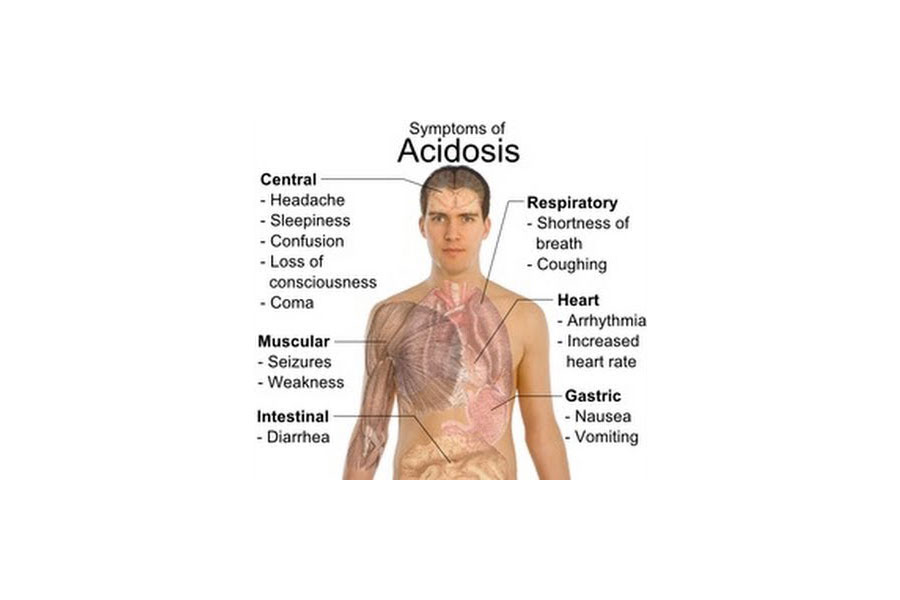Diabetes Types
- Type I Diabetes Mellitus – many people believe that Type I Diabetes is the kind you get as a child and if you get diabetes as an adult it is alway Type II. This is not entirely true. Diabetes Type I refers to the ability of the body to produce insulin, or rather the inability of the body to produce insulin. In Type I, the body cannot produce any insulin at all. It is true that this is most common discovered in childhood and therefore it is associated with a young onset. However, it is possible to be diagnosed later in life – most commonly it is a result of a major medical event that causes the body to stop producing insulin.
- Type II Diabetes Mellitus – Type II diabetes indicates that the body is not able to produce enough insulin for the functioning of the body. It is possible to be diagnosed anytime during the lifespan, but childhood to senior years.
- Diabetes Insipidus – an unrelated form of diabetes that is related to a kidney disorder
Medications
- Insulin – Type I diabetics rely on insulin as they produce no insulin on their own
- Oral (pills) – Type II diabetics may be on a combination of oral hypoglycemics, diet and/or insulin.
- Diet – All diabetics need to control their blood sugar through diet. Some Type II Diabetics are able to control their sugar without any medications.
- ALL DIABETICS CAN HAVE ABNORMALLY HIGH OR LOW BLOOD SUGAR, REGARDLESS OF THEIR METHOD OF TREATMENT.
Low glucose levels
- Normal blood sugar levels range between 60-180, depending on meals and medications. When the sugar levels fall below 60 it is called hypoglycemia. The symptoms that present in a hypoglycemic state mimic intoxication but attorneys need to realize that this is a sliding scale: Patients do not immediately act like a “falling down drunk” when their sugar hits 59. Most patients will feel light headed, woozy and maybe just “not quite right” first. As their sugar drops the symptoms will become more severe and they will begin to slur their speech, have difficulty walking, exhibit confusion, etc. Without food or some kind of intervention to raise their blood sugar the patient may fall into a coma. Low blood sugars do not spontaneously resolve. It is also important to realize that low blood sugar will not cause a breathalyzer or PAS test to come back positive.
High glucose levels
- High sugar levels also cause symptoms on a sliding scale but it takes much higher sugar levels to be apparant to even the patient. Slightly elevated blood sugars (up to 250) are not likely to be symptomatic at all and also are not likely to cause ketoacidosis. From 250-400 there may or may not be symptoms, but the symptoms will likely be mild. However, if the blood sugar remains elevated, the patient may fall into Diabetic KetoAcidosis, or DKA, which may affect the breathalyzer results. To prove DKA the patient needs to have a urine or blood test for ketones and ideally a determination of their pH and bicarbonate levels. Sugar levels have to be extremely high (usually 400 and above) for there to be symptoms that would affect the field sobriety tests. It is also important to realize that DKA is not diagnosed solely on sugar levels. Other tests must be run to determine if a patient is ketotic.
Other long term complications
- Eyes – all can affect vision and/or cause blindness
- Diabetic retinopathy (damage to blood vessels in retina)
- Cataracts – develop earlier in diabetics
- Glaucoma – diabetics are twice as likely to develop glaucoma
- Neuropathy (Nerve damage)
- Peripheral – results in pain, numbness or weakness in the feet and hands
- Autonomic – affects the nerves that control body systems (i.e. bladder and heart)
- Wound Healing and infection – diabetics take much longer to heal from simple wounds, even scratches, and are much more susceptible to systemic infections.
For our newsletter and blog this month we are reviewing 5 facts about 5 different topics relating to criminal law. The blog topics for this month are:
5 things criminal attorneys should know about …
- Diabetes (7/3/15)
- Bruises (7/10/15)
- Gunshot Wounds (7/17/15)
- Loss of Consciousness (7/24/15)
- Seizures (7/31/15)
Note: To see all posts in this topic, click here











